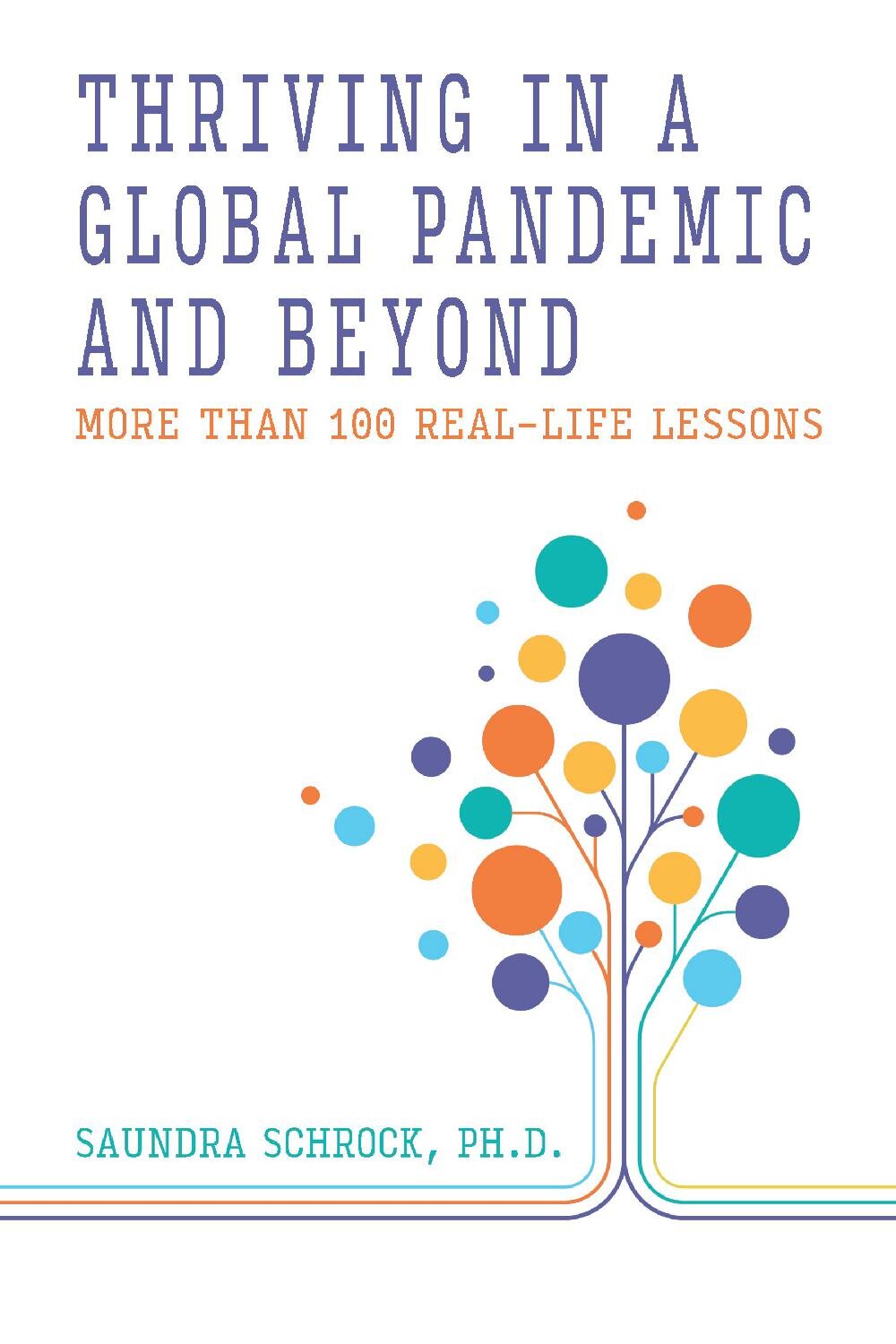Stressed Out & Unhealthy: The Workplace Is Not the Same
If you feel your workplace seems different than before the pandemic, you aren’t alone. We have all been through a lot and continue to be stressed by significant personal and global issues. Not just because of introducing words like virtual, remote, hybrid, Zoom, google sheets, Slack, etc., into the workplace. It’s because we are different and are still under significant stress.
The 2022 APA Stress in America™ study found that nearly two-thirds of Americans said the pandemic forever changed their lives. Furthermore, the survey revealed widespread grief and loss and continued challenges for certain groups, parents’ concerns about their children’s development, and deeply entrenched, unhealthy coping habits. In a partnership with The Harris Poll, the American Psychological Association (APA) conducted a survey of Americans between February 7 and 14 and supplemented this survey with additional questions fielded on March 1-3. Here are a few of the findings:
81% reported global uncertainty
80% indicated the invasion of Ukraine and potential retaliation from Russia such as cyberattacks or nuclear threats is a significant source of stress
84% say the invasion of Ukraine has been terrifying to watch
69% believe we are in the early stages of World War III
This recent APA poll clarifies that we are emotionally overwhelmed and are showing signs of significant fatigue. For example, 87% agreed it feels like there has been a constant stream of crises over the past two years. Stress about money and the economy is rising. This same poll also found that anxiety about money and the economy is the highest it has been since 2015.
Sustained Survival Mode
The 2021 APA Stress in America™ study found that the pandemic resulted in unhealthy weight gains and increased drinking. And in 2022, these harmful coping mechanisms have persisted and, for many, may be resulting in a decline in mental and physical health.
Want more tips to live better? Check out Saundra’s latest book here.
We have also experienced relationship strain due to the following:
Canceling events or gatherings due to COVID-19 concerns (29%)
Differences of opinion over some aspect of vaccines (25%)
Different views of the pandemic overall (25%)
Difference of opinion over mask-wearing (24%)
Differences of opinion over what to do when exposed to COVID-19 (17%)
Difference of view on the health risks of getting COVID-19 (22%)
Regardless of whether they experienced relationship impacts, nearly half of Americans agreed that they had felt very lonely during the pandemic. However, on a positive note, 40% agreed that they have connected or formed relationships with people that they would not have previously.
Mental Health Support Needed
In this same survey, 56% said that since the pandemic started, they could have used more emotional support than they received, and 21% said that they could have used a lot more emotional support than they received. Parents are more likely to have said that their mental health had worsened over the pandemic (37% vs. 27%).
Today’s Workplace - Self-Care Trend Critical
Businesses must acknowledge the past two years and the ongoing stress we are all experiencing. They must realize that individual employees will be impacted uniquely. Because of this, it is critical to make self-care a natural part of the work environment. That means being aware of employees’ stress levels and encouraging employees to incorporate self-care into their day. It means preparing for the inevitable changes that will continue to come.
The days of thinking that self-care is an occasional spa day or a bubble bath are over. Employers must recognize that self-care is not a luxury but a necessity that means supporting employees in understanding what they need now, and providing the space and resources based on their unique situation.
References
APA Stress in America™
https://www.apa.org/news/press/releases/stress/index?gclid=CjwKCAjwxZqSBhAHEiwASr9n9DUsEVJQZukq3BmExoIEDlcpQYLqa54up0TNlUYpPMMNti88pwkKzBoCft0QAvD_BwE



